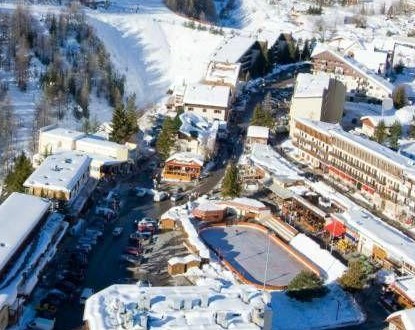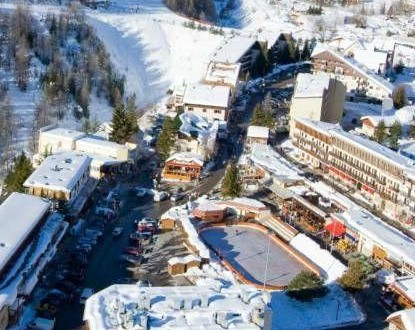The Metropolis is rich in its diversities and the complementarities of the 3 territories that compose it: the coastal area, a strong urban core with 438,000 inhabitants, the mid-country experiencing significant demographic growth and housing nearly 80,000 inhabitants, and finally the high country, a mountainous area, exceptional for its quality of life and environment, with about 12,600 inhabitants. In terms of housing, each territory has its own specificities and particular challenges.
 For Christian Estrosi, President of the Nice Côte d’Azur Metropolis: “The objective is that everyone should be able to benefit from decent housing to support their family and raise their children, an essential prerequisite for making the territory a space of citizenship, social cohesion, conviviality, and solidarity.”
For Christian Estrosi, President of the Nice Côte d’Azur Metropolis: “The objective is that everyone should be able to benefit from decent housing to support their family and raise their children, an essential prerequisite for making the territory a space of citizenship, social cohesion, conviviality, and solidarity.”
However, the challenges in the High Country are very different from those of the Coastal and Mid-Country areas.
Why?
On the coast: The challenges lie in producing economically affordable housing both for rent and purchase.
In the mid-country: Priority should be given to the development of housing in urban centers, close to transportation, facilities, and employment.
In the high country: The focus is on supporting the tourism economy, rehabilitating historic centers, and assisting the populations.
How? There are many avenues.
Supporting economic and tourism dynamics while preserving the quality of life characteristic of the villages, through adapted and measured housing development.
Rehabilitating historic centers with an ambitious policy of heritage requalification, benefiting both the residents and workers, thereby preserving social cohesion.
Supporting the populations of the High Country, especially the most modest families, particularly the elderly or people with disabilities, helping them improve their housing conditions by combating energy poverty and adapting homes.
What actions are proposed by the Metropolis in favor of Housing in the High Country?
Implementing more incentivizing measures for landlords participating in a convention approach with a premium of 2,000€ per agreed-upon housing unit.
A 4,000 euro aid per housing unit for repairing uninhabitable or degraded housing and adapting to disabilities for low-income property owners who struggle to finance the renovations.
An additional aid to combat energy poverty: a 1,000€ bonus for modest and very modest property owners engaging in energy efficiency improvements.
The extension by 6 months, by amendment, of the Vésubie OPAH, until the end of 2013.
The launch of a study on seasonal worker housing, primarily in ski resorts and tourist municipalities.
Reflection on creating a development tool tailored to the Metropolis, guided by the elected officials of the territory, dedicated to housing and development.



